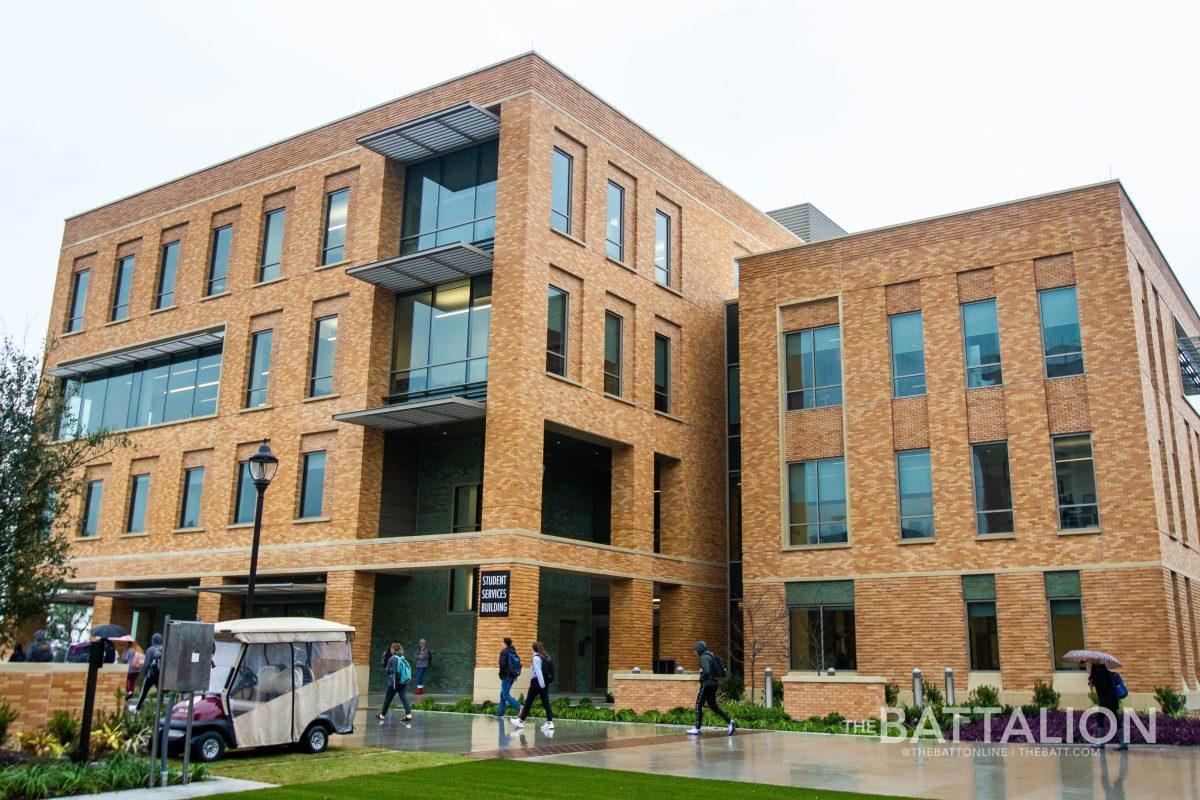When you see the phrase “college student mental health crisis” thrown around in the media or casually discussed in conversation, what do you feel? To me, inclinations of familiarity and empathy arise. Most students likely experience similar feelings because mental illness is so prominent in our society, whether in our own life or those of our family, friends and peers. Unfortunately, the feeling of expectedness accompanies this phrase as well, because Texas is second to last in mental health care funding for residents.
The “college student mental health crisis” is composed of two elements. The first establishes a significant number of college students experience mental health issues, ranging from a quarter to a third at a time. The second verifies that over the past 20 years, the demand by students for mental health care services has heightened.
As a result, the number of students seeking treatment through their university counselling centers has also grown. Unfortunately, growth is the last word we could use to describe college counselling services. Due to their lack of funding, specifically in Texas, counselling centers have not been able to keep up with the growing demand for treatment. Centers struggle to expand services and availability. The lapse in resources is especially evident in the increase in waiting times for appointments. The average waiting time for an appointment with a healthcare professional at Texas’s larger public universities, such as our own Texas A&M and the University of Texas, is two to three weeks. Timing is so crucial for a student who is battling with their emotional and mental health, especially if they are alone and unsupported.
The availability of routine, long-term appointments has also depreciated, the consequences of which are especially harmful. Walking alongside a student who is battling a mental illness is a crucial step in healthcare, since healing requires long-term accountability and support. College counselling centers should not have to serve in the capacity of emergency rooms, attending solely to immediate mental health emergencies. If colleges do not equip counselling centers in the way they should be, the mental and emotional health of students will unintentionally be neglected. The life of a student is so much more significant than fighting over funding priorities between universities and state governments. Their unwillingness to claim responsibility in maximizing financial support of mental health care is the root of the growing disconnect between counselling services and students.
Texas lawmakers do not set funding aside specifically for mental health support services for their public universities. Instead, students’ tuition is paying for the services that aren’t reactive in full. We can accredit this situation to the choices of both our lawmakers and the older generation of voters who decided mental health care funding for college campuses was not crucial enough. Indefinitely, centers can not possibly receive the funding necessary to grow because they must split our tuition to fund other areas.
The only long-term solution to closing the gap between counselling centers and students is to prioritize funding on both the small and large scales. Universities must realize the mental health of their students is of equal importance, if not more so, to other areas of funding. Lawmakers must come to the understanding that universities need to receive direct funding for resources. No matter how small, this will be the change that keeps students from slipping through the cracks. Since universities must also support academic health with our tuition, Texas legislators need to shoulder the burden. Through setting aside funds specifically for services on college campuses, they can expand centers to meet the growing needs of students.
These long lines and dangerous wait times are directly detrimental to us because we are among the three out of five students who have experienced overwhelming anxiety. We are the two out of five who were too depressed to function. We are also the future decision-makers who could end this lag for current and future college students. As those who are most directly affected by this, we must utilize our voice to push the prioritization of funding mental health care services.
Why is the line so long?
March 5, 2020
Photo by Photo by Kaylee Cogbill
Students in need of Disability Resources can reach the office by calling 979-845-1637 or emailing [email protected] to make an online appointment on Zoom.
Donate to The Battalion
Your donation will support the student journalists of Texas A&M University - College Station. Your contribution will allow us to purchase equipment and cover our annual website hosting costs.





















